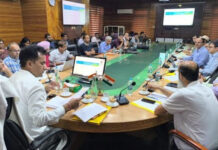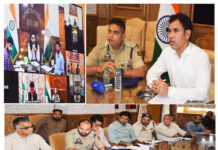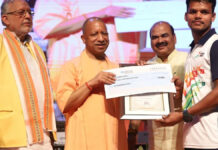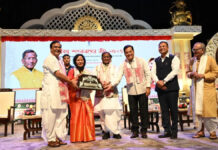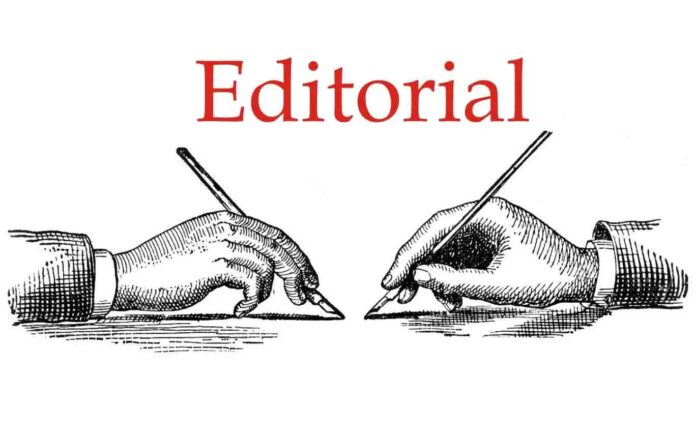The recent incidents during the Assembly session have shocked not only the House but also the citizens who reposed their faith in their elected representatives. While dissent and disagreement are fundamental aspects of a healthy democracy, the manner in which these were expressed—through unruly scenes, verbal altercations, and even physical brawls—was far from acceptable. In any legislative forum, it is natural for members to express anger, raise slogans, or stage protests. These are seen as part of the democratic process. However, when such expressions spill over into physical violence within the premises of the Assembly, they reflect a dangerous breakdown of parliamentary discipline. The final day of the session witnessed an appalling episode of violence between legislators. While individual members may justify their actions and claim to be the victims, the truth remains that the incident was a failure of collective responsibility. It could have been averted if senior leaders from major parties had restrained the young legislator who is often seen making provocative and offensive remarks. His repeated communal and inflammatory statements have not only hurt religious sentiments but have also exposed a disturbing trend—where political relevance is being sought through divisive rhetoric rather than constructive debate. This legislator’s actions have often crossed the boundaries of decency and constitutional propriety. His tendency to mix religion with politics, targeting specific communities through his remarks, is a direct assault on the secular fabric of the country. Yet, it is equally troubling that his party leadership failed to check his conduct in time. Members from the opposition had previously raised concerns over his remarks, but little action followed. This inaction encouraged repeated violations. It is a matter of grave concern that such behavior is being tolerated and, in some cases, even encouraged under the guise of free speech. The Assembly must be a temple of democracy, where ideas clash, not individuals. The sanctity of the legislature must be preserved at all costs. Political parties must introspect and ensure that their representatives adhere to high standards of conduct. Encouraging hooliganism within democratic institutions is not just a betrayal of the electorate’s trust, but also detrimental to the very soul of democracy. If democracy is to thrive, we must protect its institutions from turning into arenas of chaos. Discipline, decorum, and dialogue must guide the conduct of our lawmakers.

Dogra Herald is the media of J & K, breaking language and geographical barriers, connecting J & K to the rest of India.
0191 245 4946
info@dograherald.com
Latest articles
Sri Lankan president Gotabaya Rajapaksa meets Jaishankar
iamjkstarr - 0
Newly elected President of Sri Lanka Gotabaya Rajapaksa met External Affairs Minister Dr S Jaishankar in New Delhi on Friday. Prime Minister Narendra Modi...
PM Modi reminisces old times at inauguration of Garvi Gujarat Bhawan
iamjkstarr - 0
It was a nostalgic moment for Prime Minister Narendra Modi as he recalled his days as the Chief Minister of Gujarat when he saw...
Yogi Adityanath’s pet dog Kalu is an online sensation
iamjkstarr - 0
Uttar Pradesh Chief Minister Yogi Adityanath's pet dog has turned into an internet celebrity. Photographs of Yogi petting the black Labrador have flooded the...

